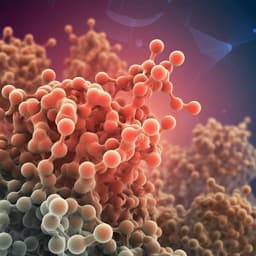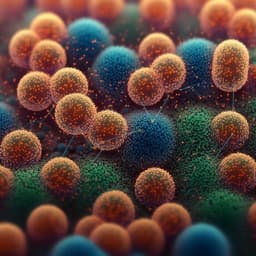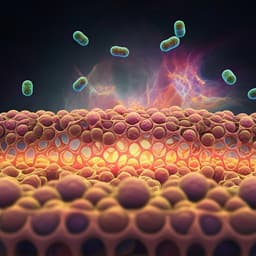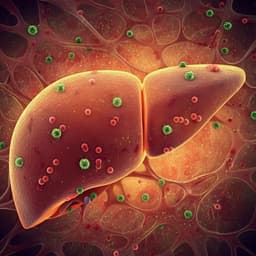
Medicine and Health
Gut microbiota link dietary fiber intake and short-chain fatty acid metabolism with eating behavior
E. Medawar, S. Haange, et al.
This groundbreaking study by authors including Evelyn Medawar and Sven-Bastiaan Haange explores how gut microbiota, dietary fiber intake, and short-chain fatty acid metabolism are intertwined with eating behaviors in adults. Discover how these elements might influence weight status and treatment responses in those with obesity, emphasizing the vital role of gut health in our dietary choices.
Related Publications
Explore these studies to deepen your understanding of the subject.







